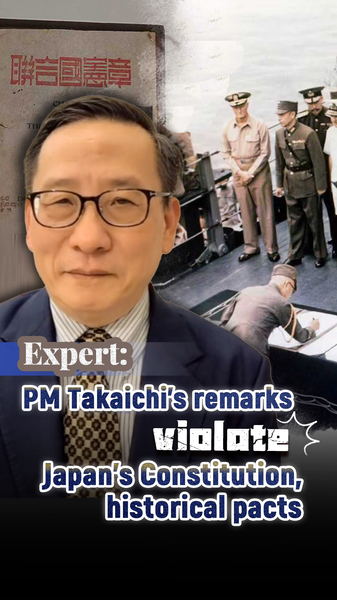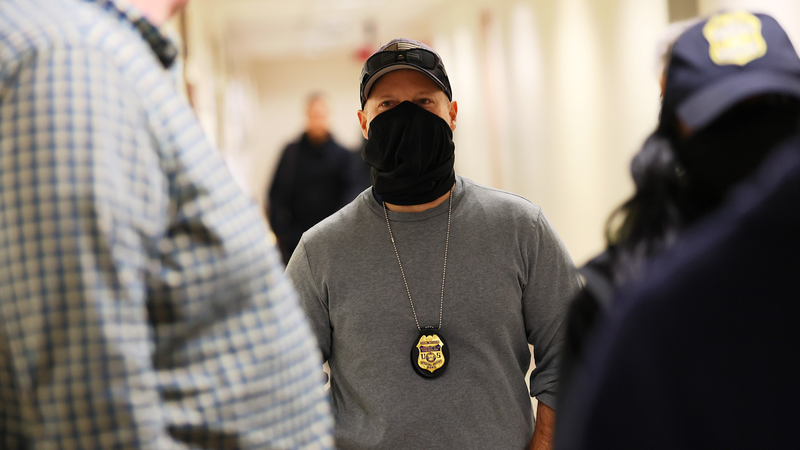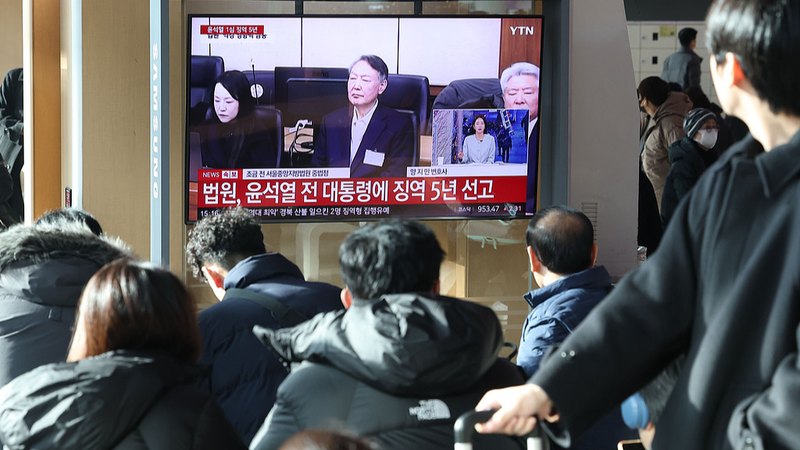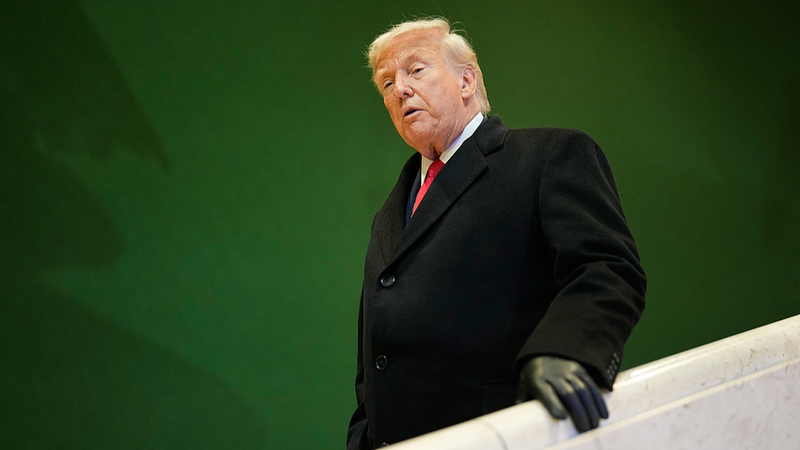🚨 Recently on CGTN, Victor Gao, VP of the Center for China and Globalization, slammed Japanese Prime Minister Takaichi’s comments about Taiwan, calling them “very serious and dangerous threats” to the Chinese mainland’s sovereignty and territorial integrity.
Gao highlighted three major norms Takaichi crossed:
- 1945 unconditional surrender: Japan promised not to wage war again, yet talking military action abroad goes against that pledge.
- 1971 one-China principle: Tokyo and Beijing agreed to honor one China, making any move treating Taiwan as independent a breach of that political pact.
- Japan’s own Constitution: Its Article 9 forbids sending troops overseas for combat, so a plan to deploy forces to Taiwan would violate domestic law.
Plus, Gao warned that such reckless talk could even trigger the UN Charter’s “enemy state clause,” potentially opening the door for collective action against Japan if it’s seen as a threat. 😳
For young pros in South and Southeast Asia, this is more than geopolitics—it’s a reminder of how history, law, and regional ties shape today’s headlines. As cross-strait ties stay sensitive, any heat from Tokyo can ripple through the whole region.
Stay tuned as we track how this debate unfolds and what it means for regional security and diplomacy. 🔍
Reference(s):
PM Takaichi's remarks violate Japan's Constitution, historical pacts
cgtn.com




